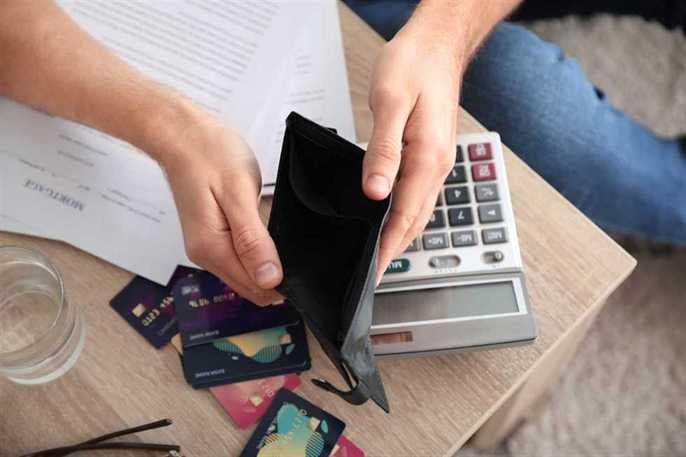You’ve probably heard the old saying “money makes the world go round”. That may be true to a certain degree, but when you look at the spending habits of individuals, businesses, and governments, you might come to a different conclusion. An alien looking down at our species might say “credit makes the world go round” – using your credit wisely is an essential element of financial success.
Never Overborrow
Optimally, you should only use your credit card for purchases which you are absolutely certain you’ll be able to pay back – in other words, only buy with your credit card what you could buy using money in your bank account. Not all credit goes on credit cards, of course, and you might use your credit to buy a car or a house; use budgeting tools to make sure you’re not spending too much on either. Before you make any big purchases, it’s a good idea to make sure you have a nest egg in case things go sour; several months worth of bill payments in your savings account is best.
Monitor Your Credit Usage
You should be in the habit of checking up on all of your financial activities weekly, if not daily. Keep your bills, use spending management programs, and be aware of where your money goes each month. You should also check on your credit score itself. Back in the day, that was kind of tough to do, but today you can use websites like CreditKarma and Borrowell to check your credit any time you like for free. Checking at least monthly is a good idea.
Pay Your Bills On Time
You can couple this tip with “and avoid making minimum payments”. You should be paying off all of your credit obligations every month (as discussed in point 1), but if you can’t (it happens), pay off as much as you can – never avoid paying altogether. You’ll tank your credit score.
Have a Mix of Credit
There are a few different types of credit: Revolving credit (seen on most common credit cards) is credit which you can borrow from freely, but which (more often than not) has a credit limit. Revolving credit cards don’t need to be paid off each month (but you should). Open credit is similar to revolving, but it needs to be paid in full each month. Installment credit occurs when you have things like student loans – set payments that must be made in a given time frame. Having a mix of these three types of credit can improve your credit score.
Use Your Credit
Imagine you’ve never applied for or used credit in your life – what’s your credit score? The answer is simple: it’s non-existent. By using credit (responsibly), you show prospective lenders that you’re trustworthy, which means they’ll be more willing to extend high-quality credit products to you.
Shop Around
Don’t just take the first credit product that’s offered to you; if you’ve got good credit, you’ve got options. There are several websites that will allow you to compare credit cards. Mortgage brokers can help you find the optimal mortgage for your situation. When you’ve got good credit, you’ve got power; find cards with great rewards and credit on your own terms.
Want more advice on your particular financial situation, and how you can improve your credit (or better use your excellent credit score)? Confer with a Winnipeg accountant – get in touch with us. We can help you by providing a holistic analysis of your financial situation, improve your spending habits, and give you strategies to work on your credit score.

